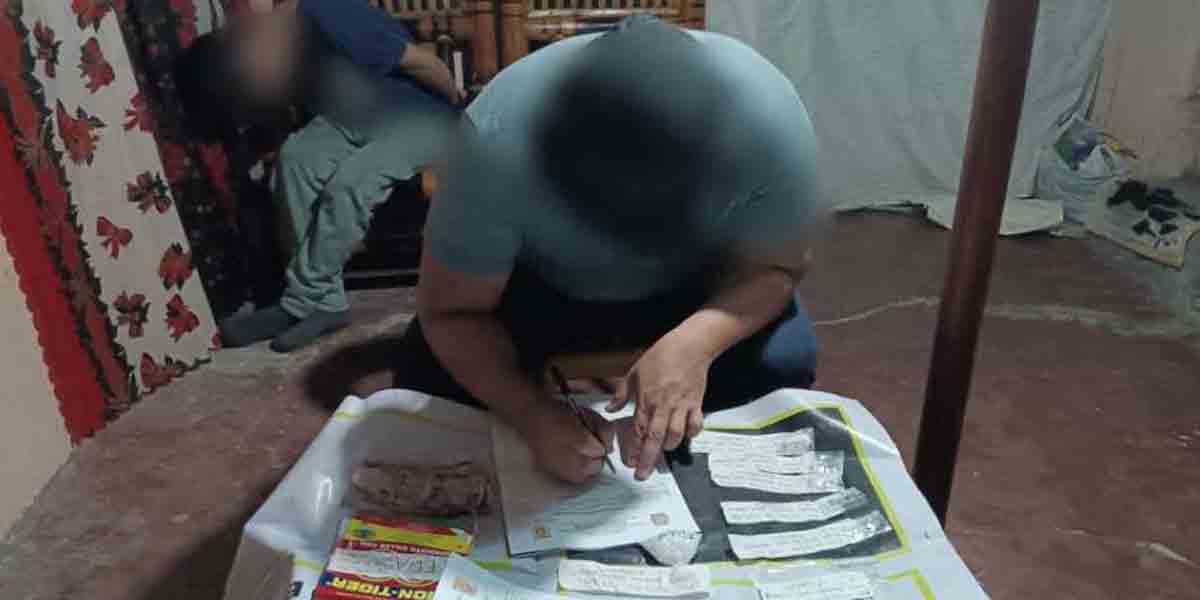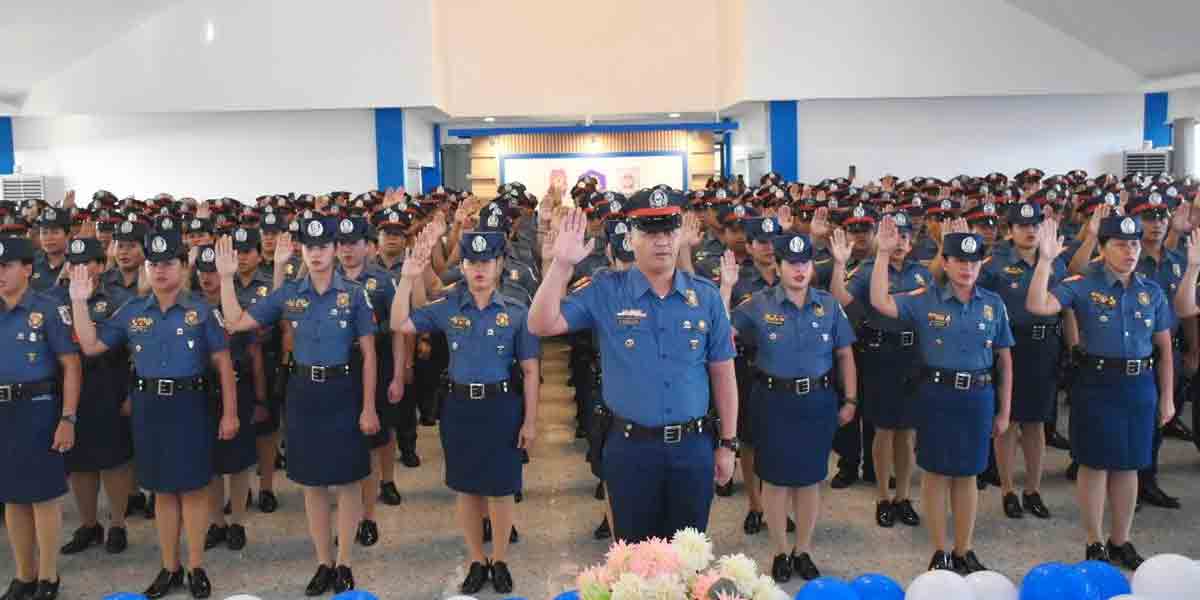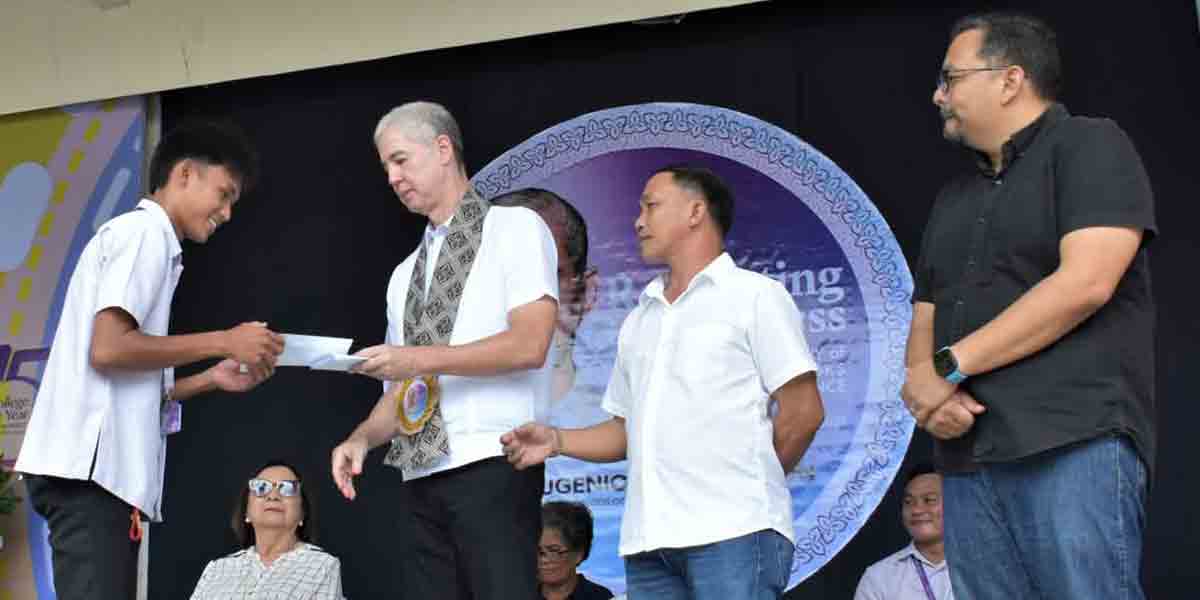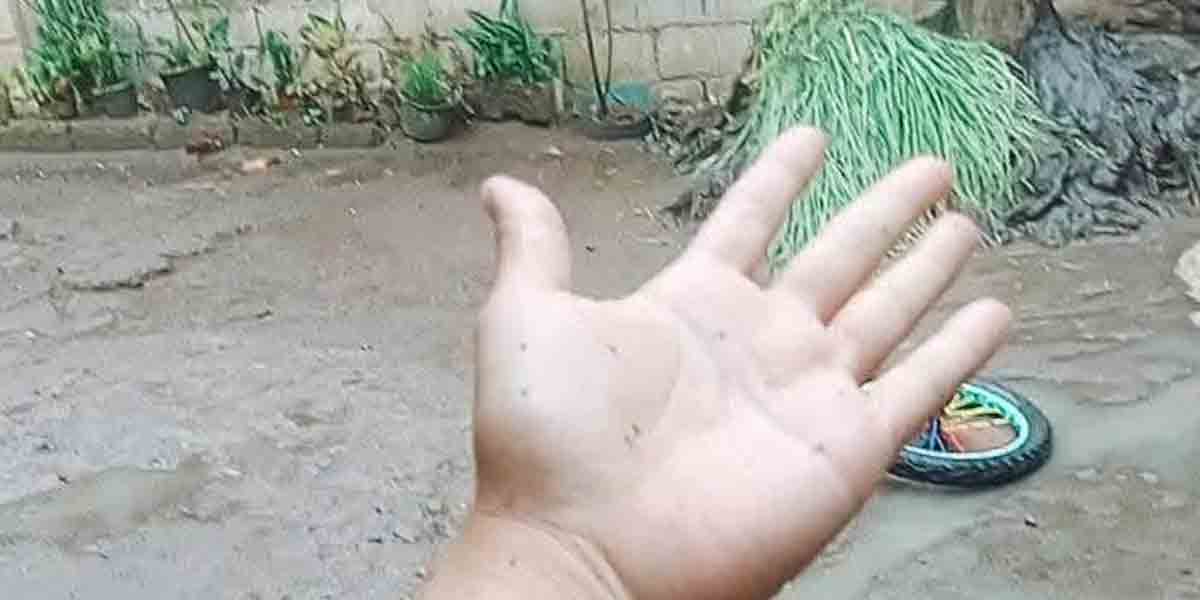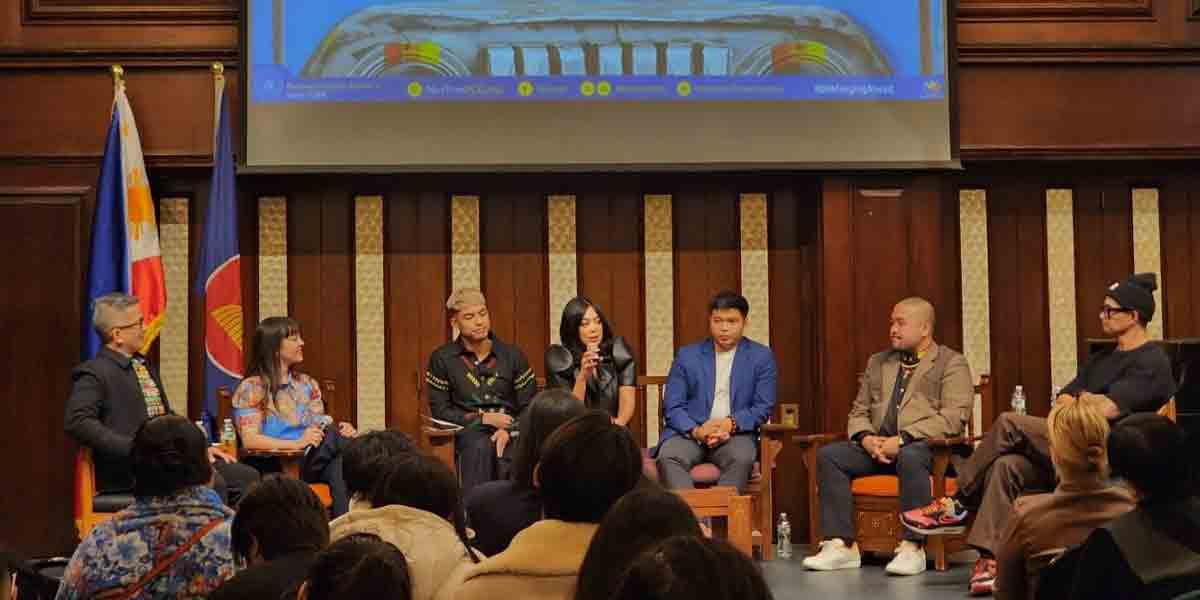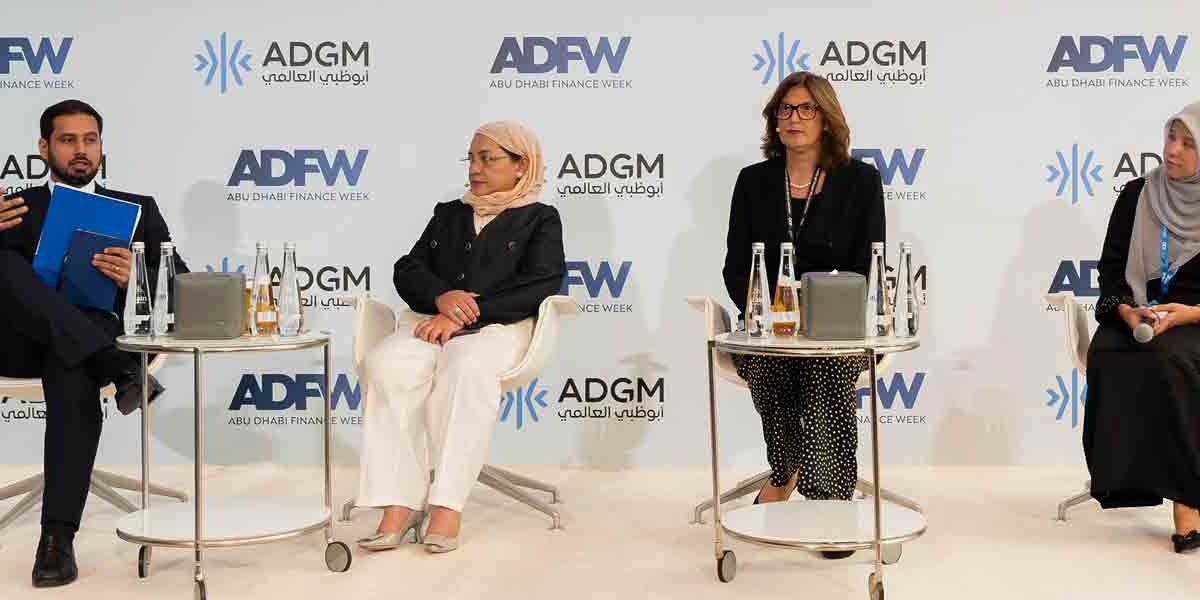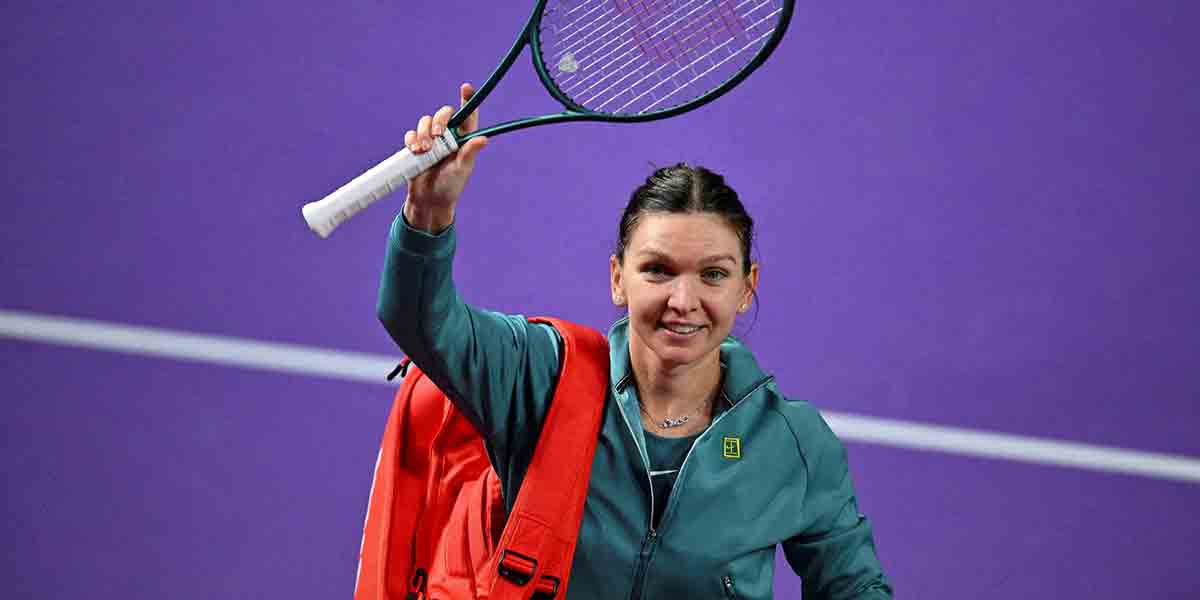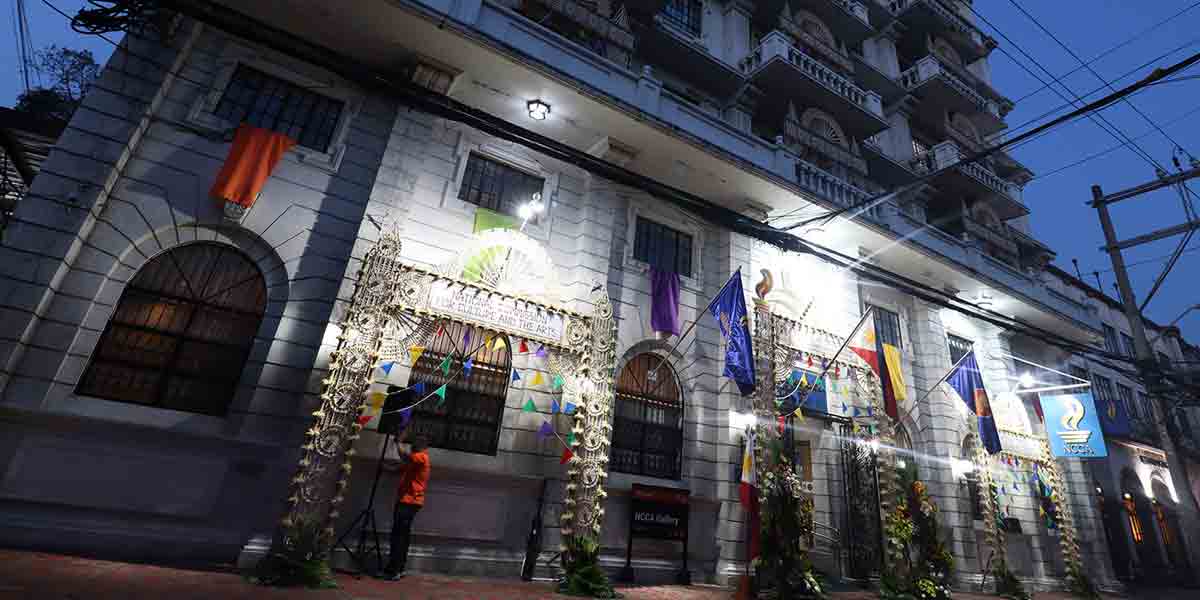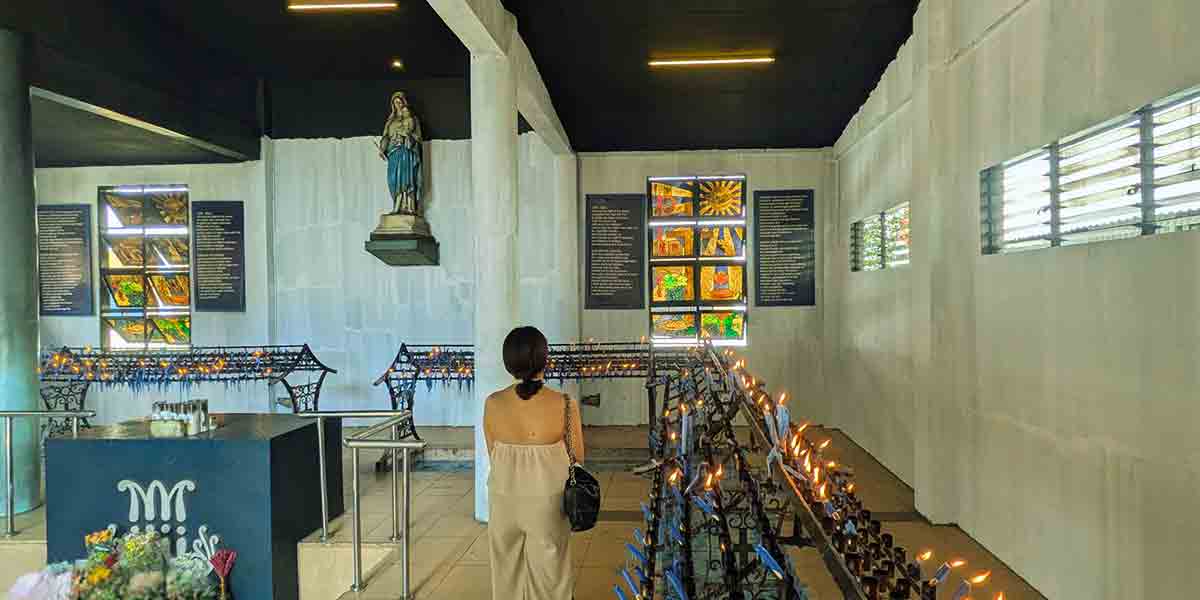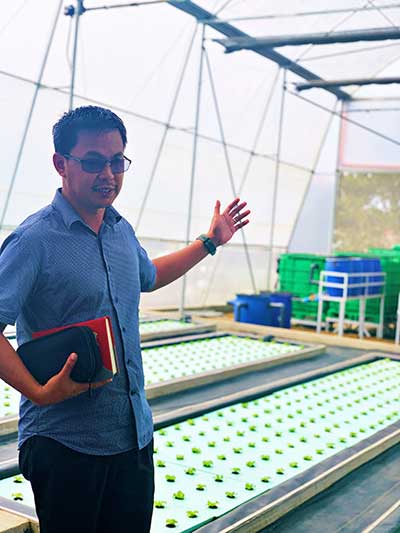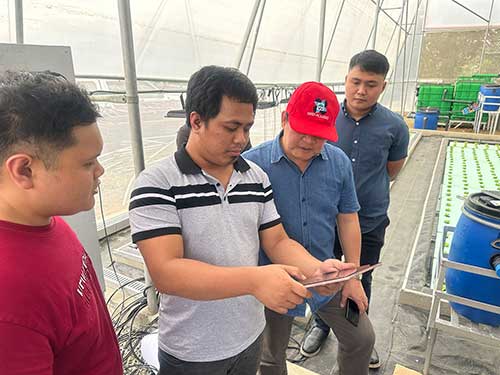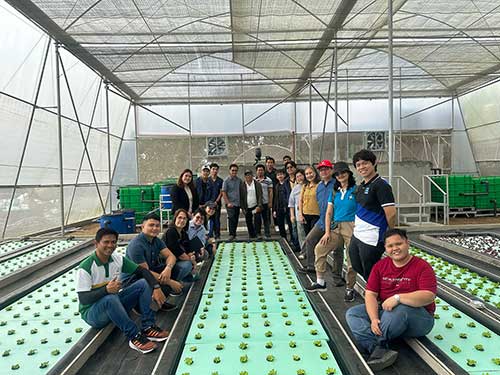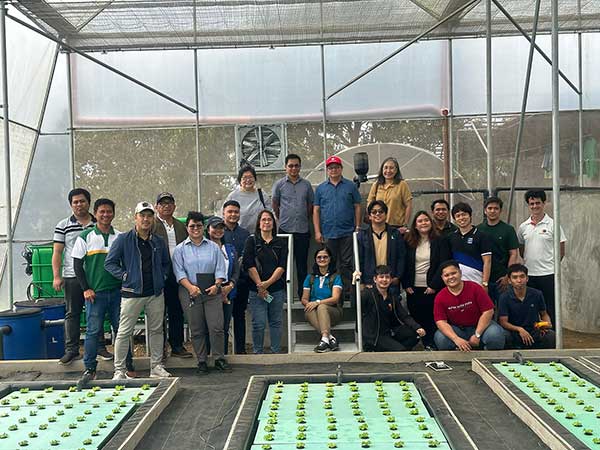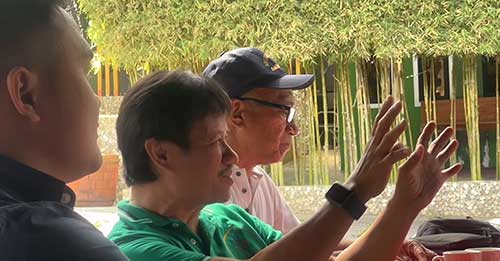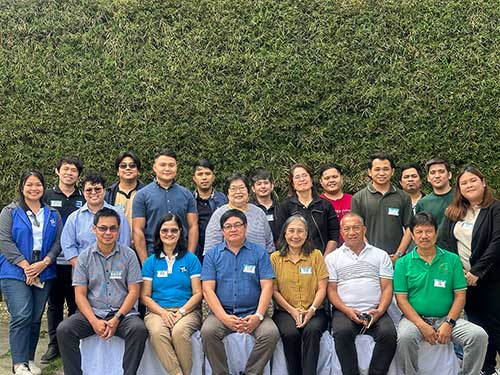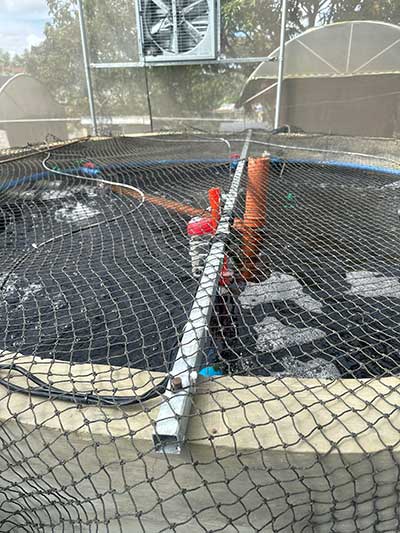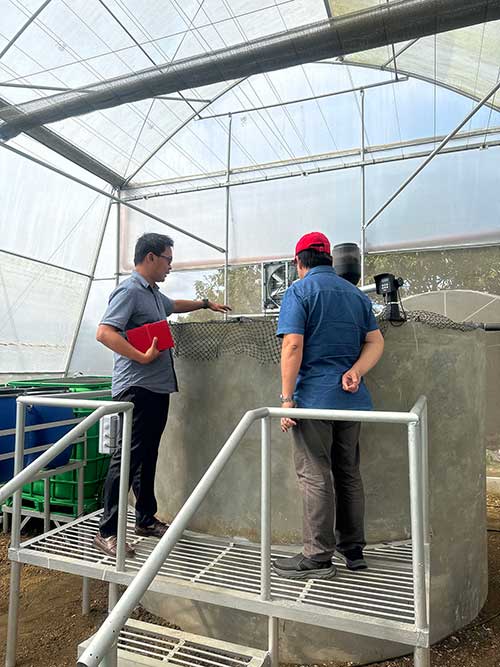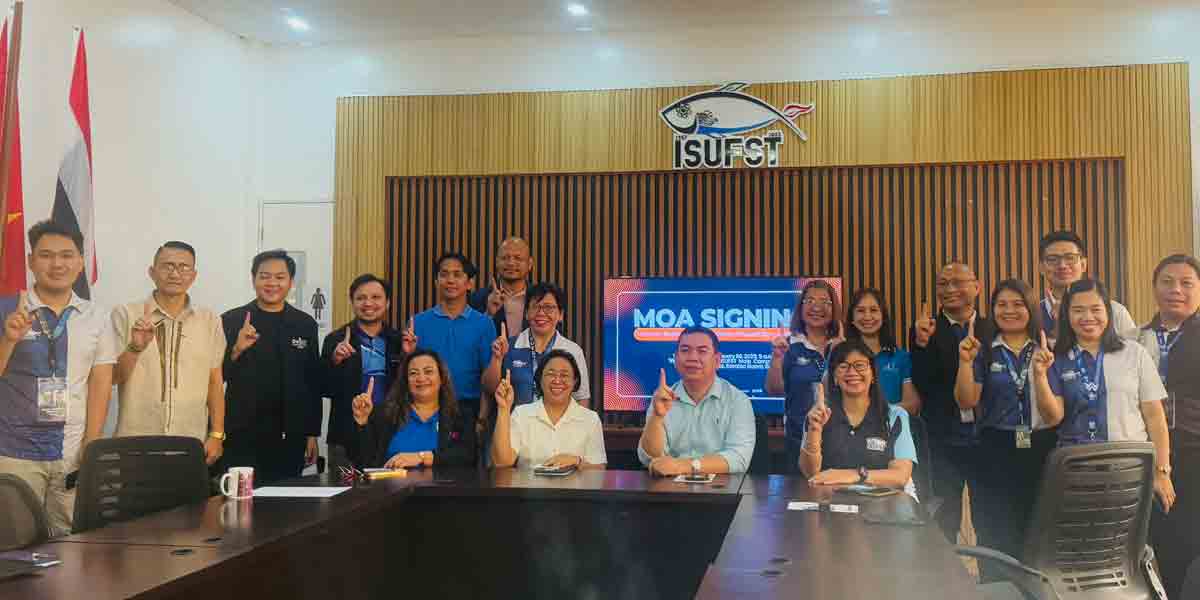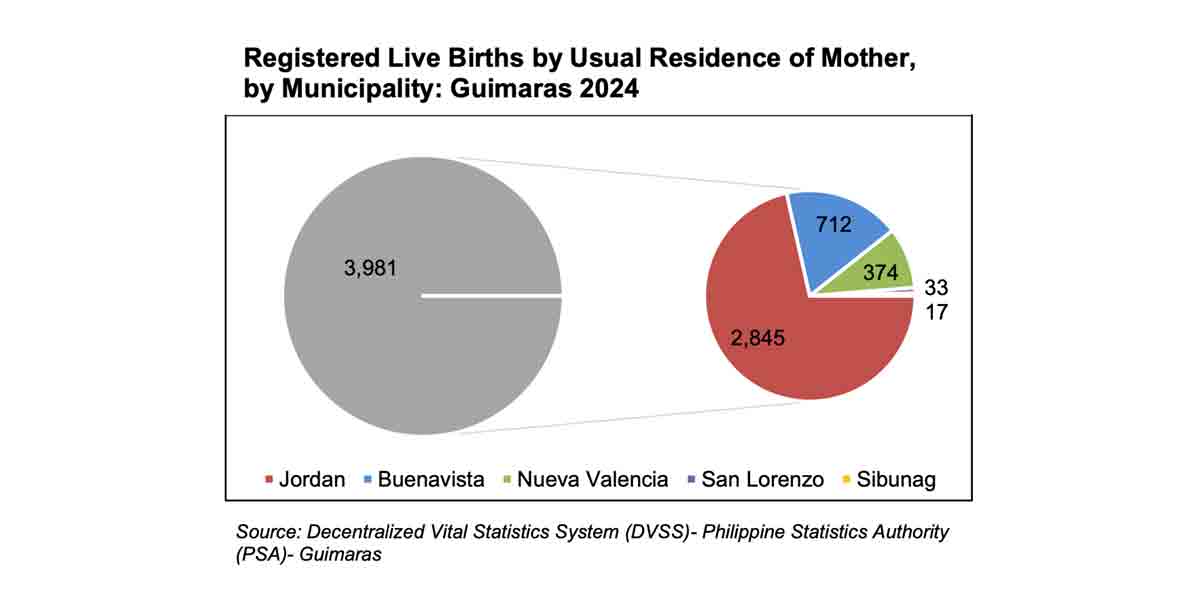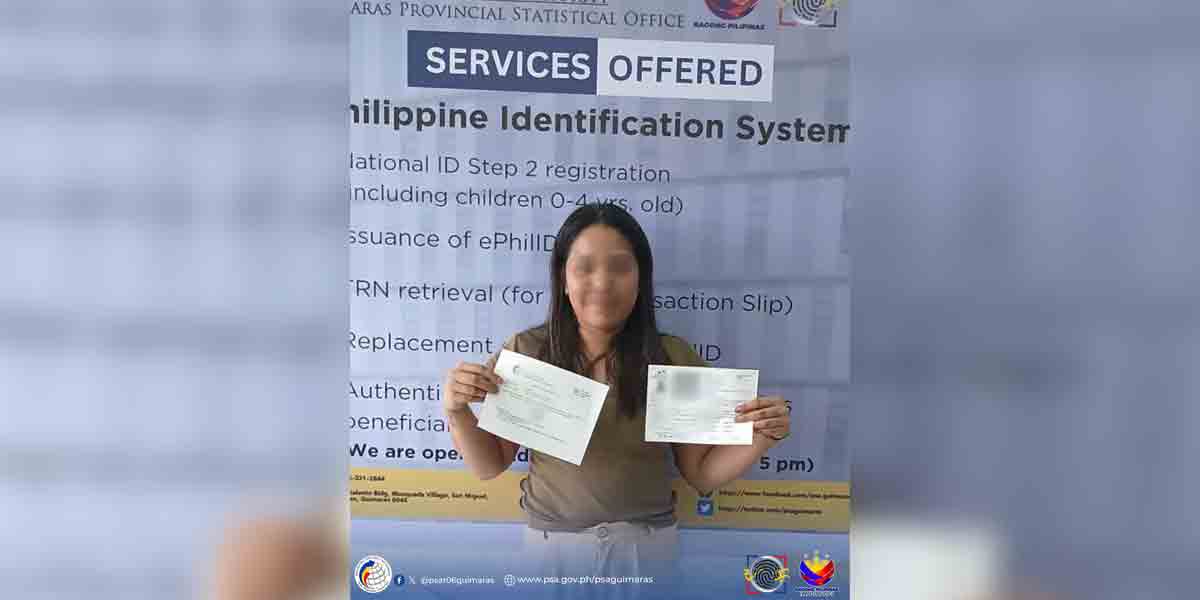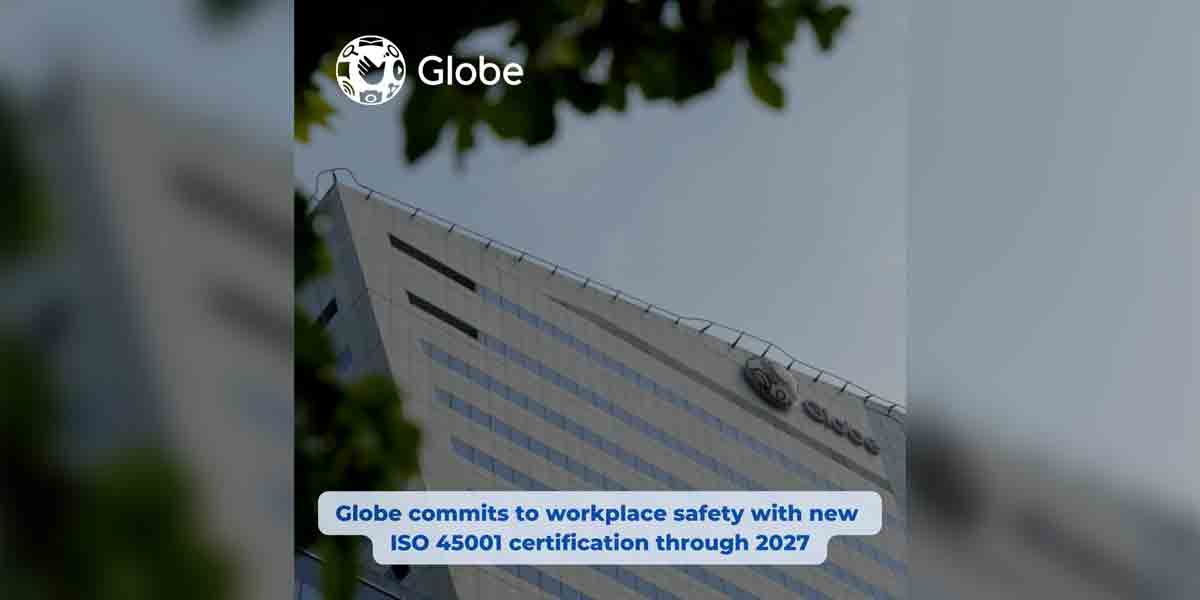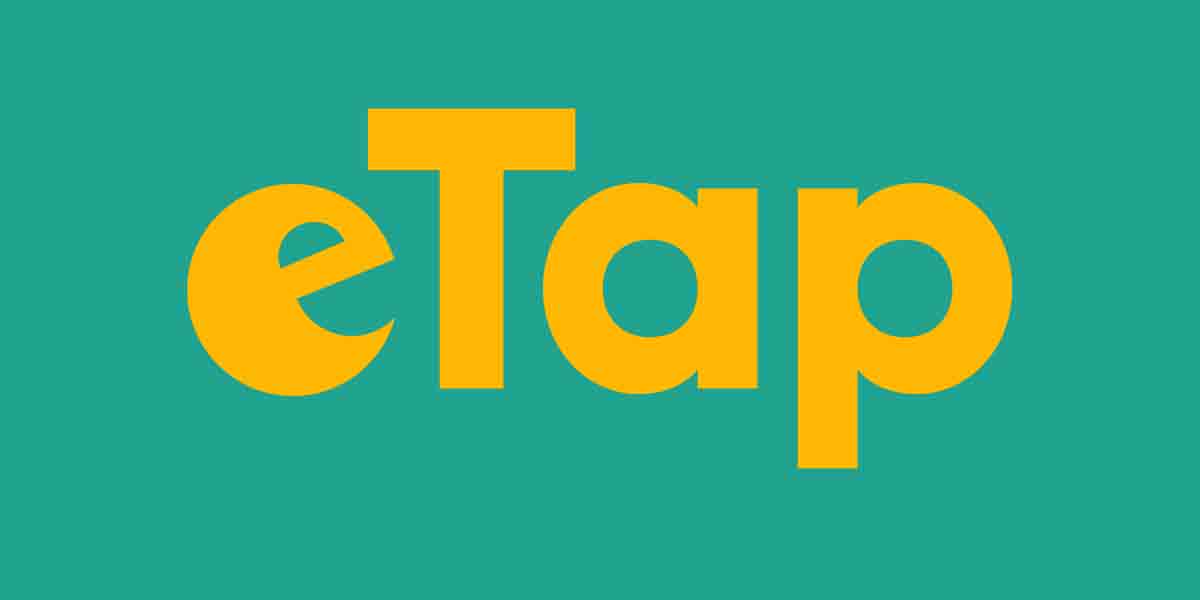The Department of Science and Technology (DOST)-funded ‘Project ATLANTIS’ developed aquaponic greenhouse farming using Internet of Things (IoT) and Artificial Intelligence (AI) to address the time-consuming task of tracking and regulating plant nutrients, water quality, and other parameters influencing the growth of tilapia and vegetables such as lettuce.
The project is a collaborative undertaking between Batangas State University (BatStateU) and Turbulent Drip Sales Incorporated (TDSI), a private corporation in Tagaytay City, notable for its greenhouse production of high-value vegetables.
“Through R&D, the typical wastes generated in aquaculture are minimized and recirculated, making them available as nutrients for vegetable production. This makes aquaponics farming operations sustainable and more efficient… This will enable our local farmers with viable options to grow vegetables and edible aquatic species exponentially, with limited reliance on harmful pesticides and practices,” said DOST Secretary Renato U. Solidum, Jr.
Project ATLANTIS is an innovative method and sustainable farming practice, which combines aquaculture and hydroponics under a greenhouse environment. The nutrients from the tilapia wastes are used for growing lettuce.
“With the installation of ATLANTIS, one of our goals is to reduce the manual labor of cleaning and monitoring the aquaponics system from once a day to once a week,” said Project Leader Anton Louise De Ocampo of BatStateU during the demonstration of their innovation to representatives of DOST and DOST-PCAARRD. As the aquaponics control and monitoring system generates data and monitors acidity (pH) level, temperature, oxygen, and other parameters using various types of sensors installed in strategic areas of the greenhouse where lettuce and tilapia are grown, the agriculturists and farm owners can easily track the status of the system through the app being developed for the system.
Using IoT and AI models, an electronic controller for the sensor system was developed and automated the function of some of the greenhouse operations onsite and offsite through a mobile application. This system is the innovation introduced to TDSI. It is more efficient and less time-consuming than the traditional method of growing fish and lettuce.
Project ATLANTIS is an IoT-Based Artificial Intelligence Control and Monitoring System for Aquaponics Greenhouse funded by the DOST-Collaborative Research and Development to Leverage Philippine Economy (CRADLE) Program and monitored by the Philippine Council for Agriculture, Aquatic and Natural Resources Research and Development (PCAARRD) of DOST, through its Agricultural Resources Management Research Division (ARMRD).
“I am very hopeful about the project and I feel very positive about it because it can help perfect our existing aquaponics system,” said TDSI owner Jose Emie Siojo during the project preterminal review in Tagaytay City. He particularly expressed his anticipation on how the project can help their system transition into virtual monitoring of bacterial colony growth and how ammonium can reduce the labor requirements of maintaining the aquaponics system.
The project is currently undertaking further tests and validation of the system on lettuce and fish. Full deployment, operationalization, optimization, and evaluation of the system have yet to be undertaken. (Thea Mariel N. Valdeavilla and Ofelia F. Domingo, DOST-PCAARRD S&T Media Services)

